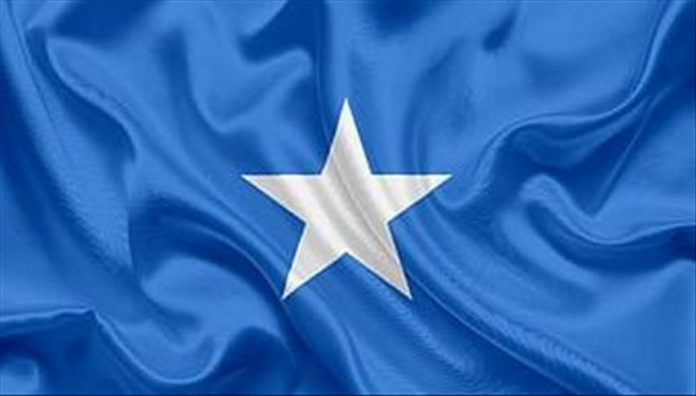Somalia, a country in the Horn of Africa, has been trying for more than 50 years to become a member of the intergovernmental grouping known as the East African Community (EAC).
In March 2012, the bloc rejected Somalia’s application, citing sporadic conflicts and poor institutions. However, with South Sudan’s admittance in 2016, a country with similar problems, Mogadishu now has high hopes.
When the EAC was founded in 1967, attempts to include Somalia were unsuccessful since the country was advocating for a “Greater Somalia” and placing territorial demands on its neighbours at the time.
It wanted to expand its territory by incorporating both Ethiopia’s Ogaden Province and Kenya’s North Eastern Province.
Uganda, Kenya, Tanzania, Rwanda, Burundi, South Sudan, and Congo currently make up the EAC.
Somalia once more submitted an application to the EAC in 2017, but Tanzania and Kenya rejected it due to security reasons.
Concerns
With a lengthy border, Somalia and Kenya have more contrasts than similarities, coupled with occasional conflicts and cordial relationships.
Their demographics, enterprises, and commerce are comparable.
However, from across the border in Somalia, the al-Shabaab terrorist organisation has carried out innumerable terrorist assaults in Kenya. The International Court of Justice is also involved in a maritime territorial water dispute between the two nations.
According to experts, Tanzania, which is southeast of both nations, has a more negative attitude about Somalia joining the EAC than Kenya.
“It seems odd that Tanzania agreed to an EAC extension in South Sudan but not Somalia,” Kibuuka Muhammad, a political analyst at Kampala International University, told Anadolu Agency. “It’s probably because Juba has significant oil deposits.”
Uganda has helped to Somalia’s relative stability since 2007, despite the fact that trade volume between the two nations remains low.
Somalia, with the continent’s second-longest coastline and its easternmost point at Cape Ras-Hafun, is not as reliant on surrounding countries for imports as landlocked South Sudan.
Türkiye, China, India, Oman, and Kenya are the main sources of Somalia’s imports, while Oman is its main export market.
Landlocked South Sudan imports heavily from neighbouring EAC countries, with Uganda and Kenya as the main sources.
Uganda’s minister for East African Community Affairs, Rebecca Kadaga, told Anadolu Agency that Somalia has been doing business with EAC member nations, laying the groundwork for the country’s bid to join the inter-governmental organisation.
She stated that if the bloc confirms that Somalia has met the requirements for membership, the country will be admitted.
Overcoming hurdles
Anisa Osman Dirie, an African Union administrator of Somali descent, stated that Somalia should overcome its obstacles to join the EAC, supporting unity, peace, and amicable cohabitation, and that Mogadishu should assume leadership of regional organisations.
“There are internationally known erudite intellectuals in Somalia who might lead these regional and international entities.” “Their knowledge and experience are abundant,” she stated.
“The missing bridge is a coordinated attempt to raise awareness of this issue.” Granted, the breakdown of Somalia’s political structure surprised the world, but that doesn’t rule out the possibility of strong patriotic visionary leaders. They are plentiful, however the most of them are victims of the problem they haven’t created.”
“It is therefore necessary that whoever wishes for Somalia to emerge from its current state of insecurity support its access to EAC membership and leadership, as well as other intergovernmental organisations like the Intergovernmental Authority on Development (IGAD), UN, and the African Union or different commissions, (as) this would set the agenda for Somalia’s state-building struggle,” she continued.
Amina Hersi, a Somali businesswoman who owns multiple companies in Uganda, told Anadolu Agency that joining the EAC lowers the cost of doing business, gives a large market for all member countries to tap into, and contributes to economic integration and progress.
According to the 1999 EAC Treaty, if Somalia joins the bloc, it will have visa-free entrance into EAC countries, be eligible for East African passports, and have tax-free access to EAC markets.
The EAC’s total annual economy is anticipated to be more than $300 billion, with 312 million people living in member countries and travelling on a single passport.

